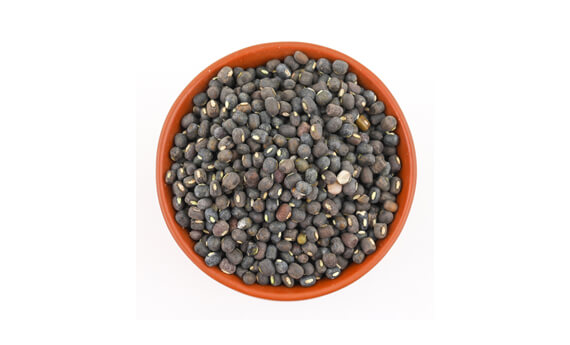India is the world’s leading producer and user of black gram. Black gram is a high-protein, low-carbohydrate meal. It has a protein content of roughly 26%, almost three times that of grains. Black gram meets a large portion of the protein needs of the country’s vegetarian population. It comes in form of split and whole pulses and is an important addition to a cereal-based diet. In the average Indian diet, dal-chawal (pulse-rice) or dal-roti (pulse-wheat bread) is a significant component.

When wheat or rice is coupled with Black gram, the biological value increases dramatically because of the complimentary interaction of essential amino acids such as arginine, leucine, lysine, isoleucine, valine, and phenylalanine. It also helps to maintain soil fertility by enhancing soil physical qualities and fixing atmospheric nitrogen, in addition to being a major source of human food and animal feed. It is good for dryland farming and is commonly used as an intercrop with other crops due to its drought resistance.

